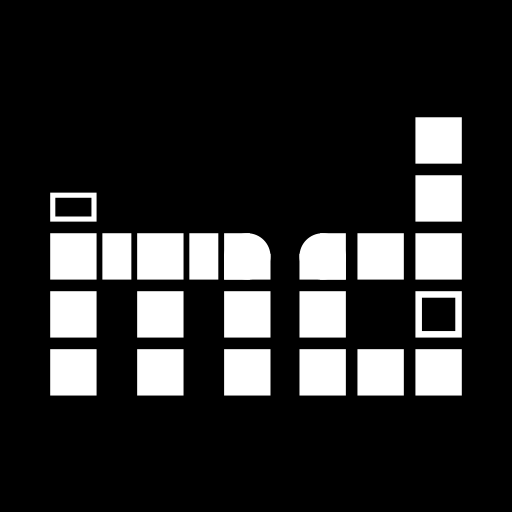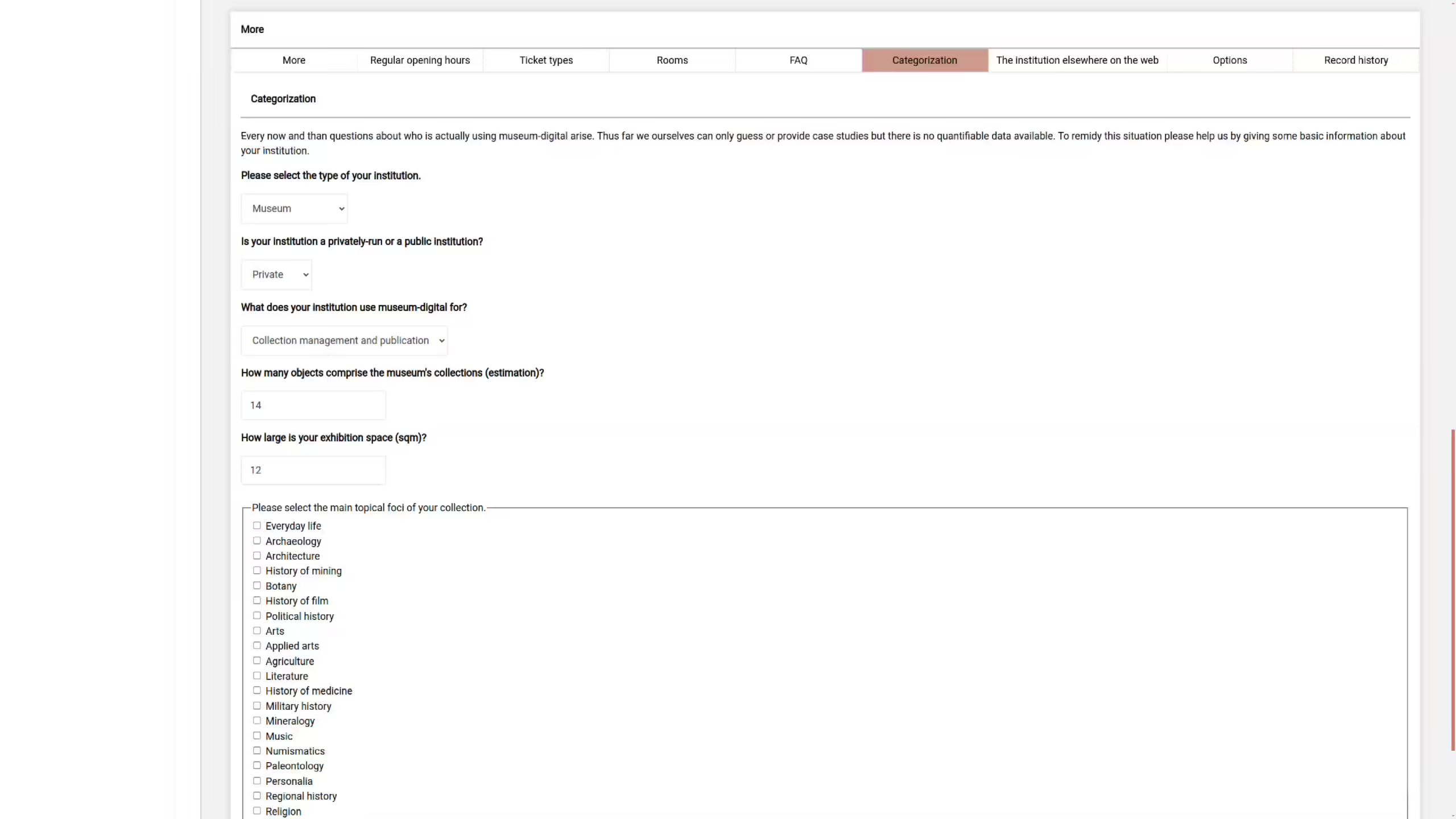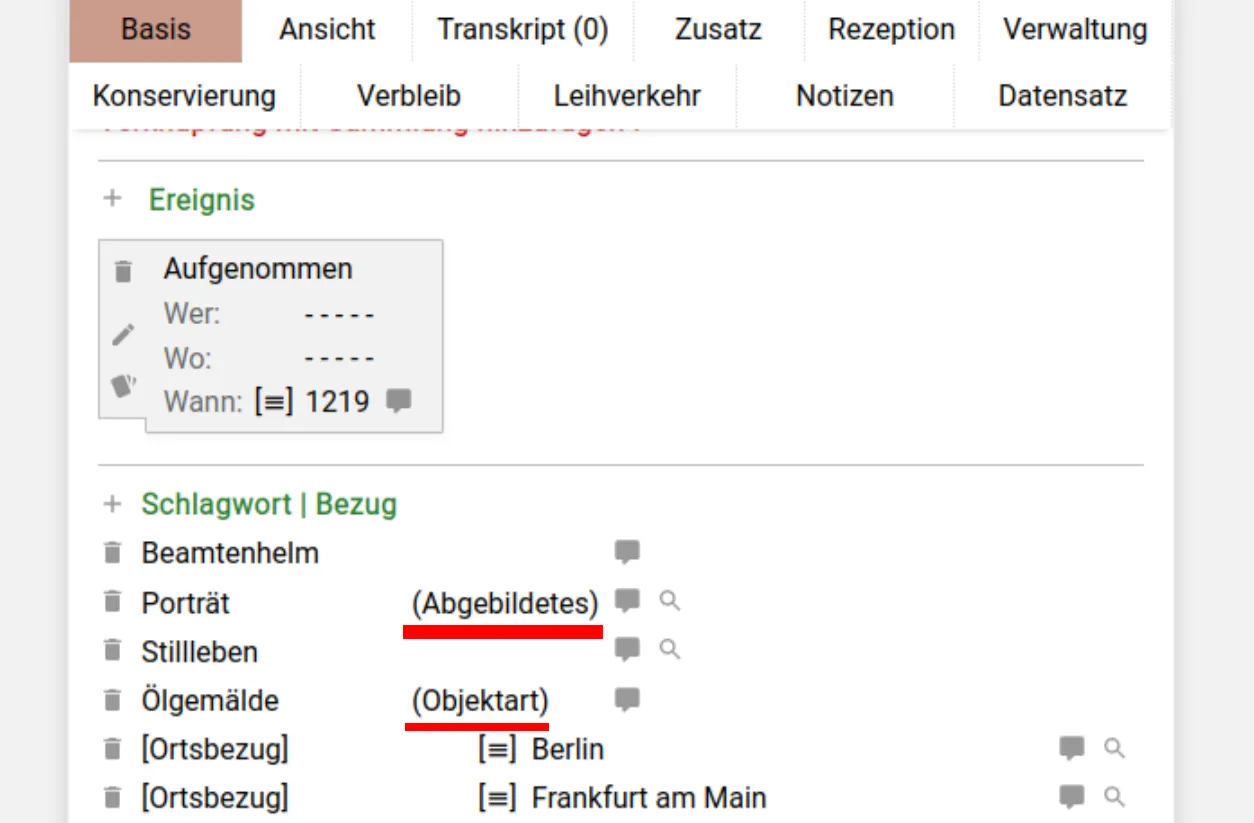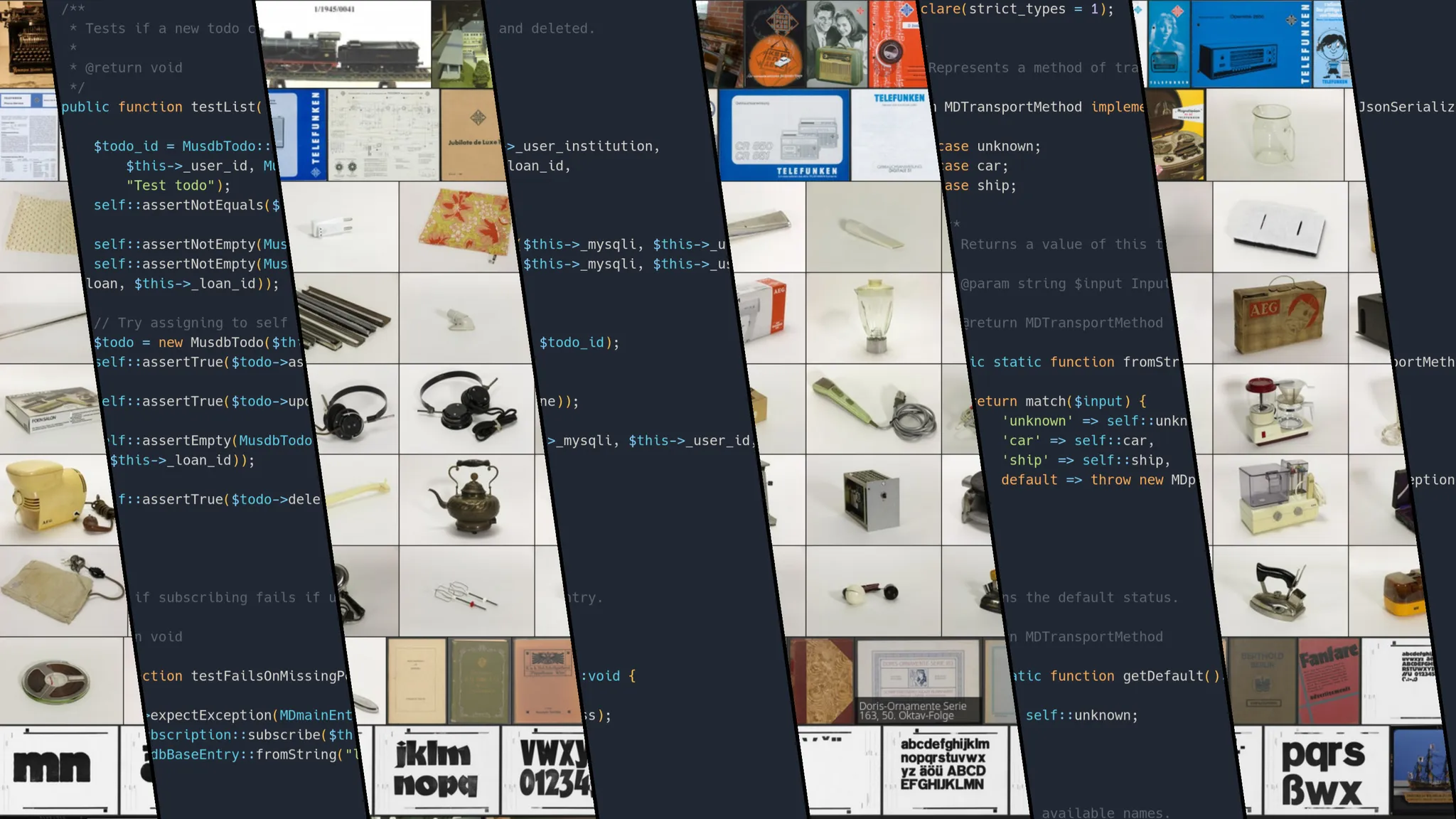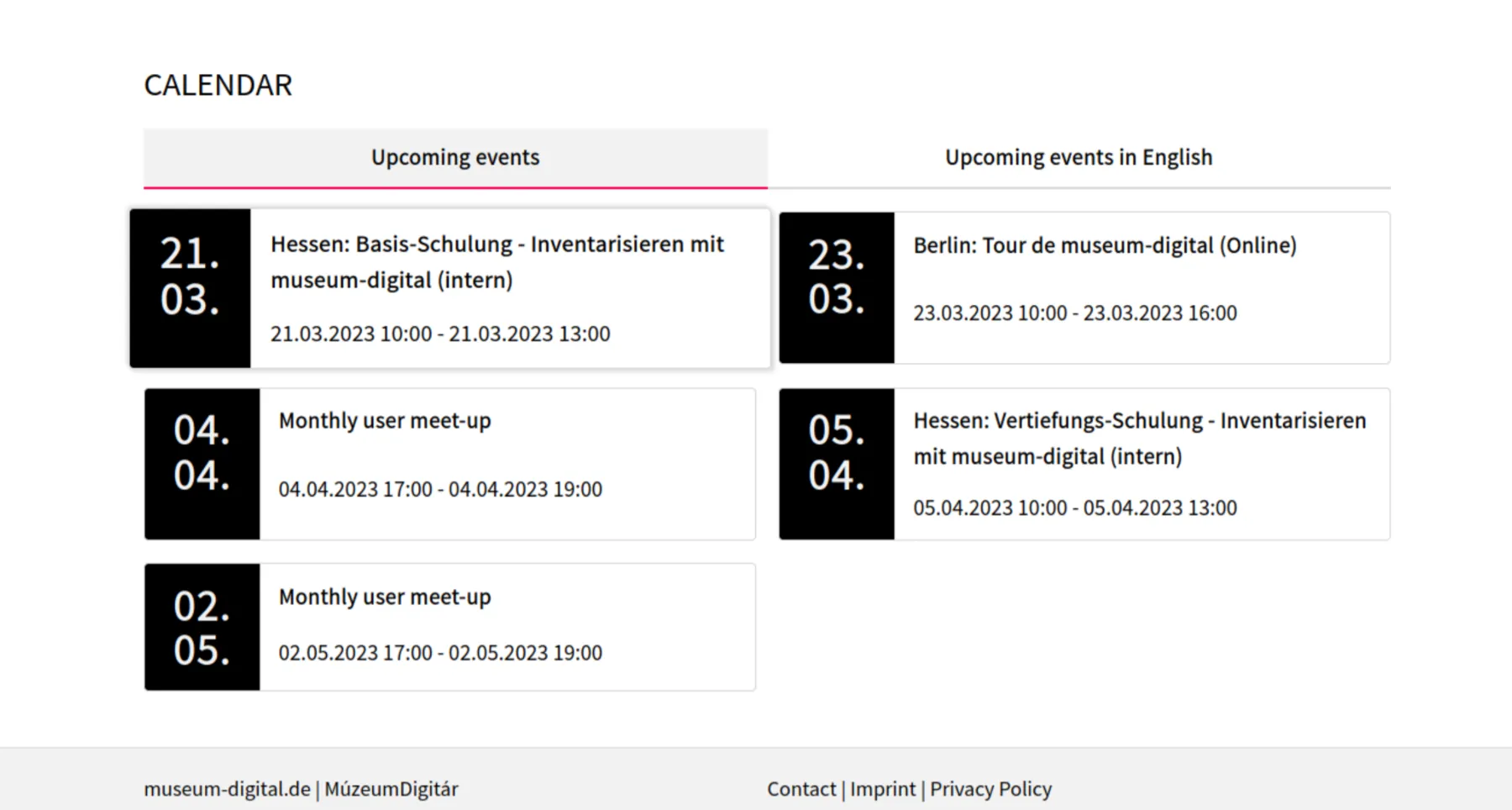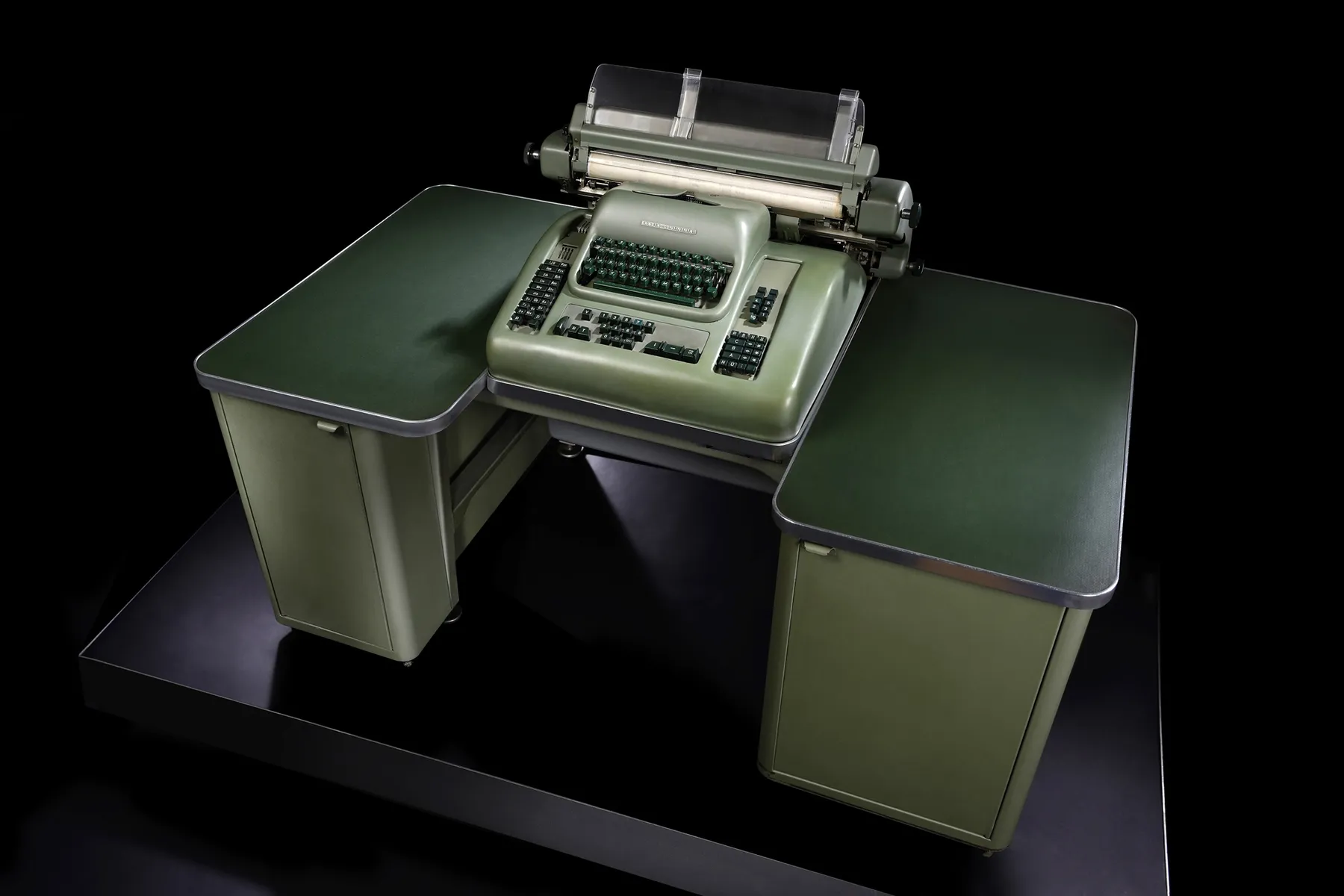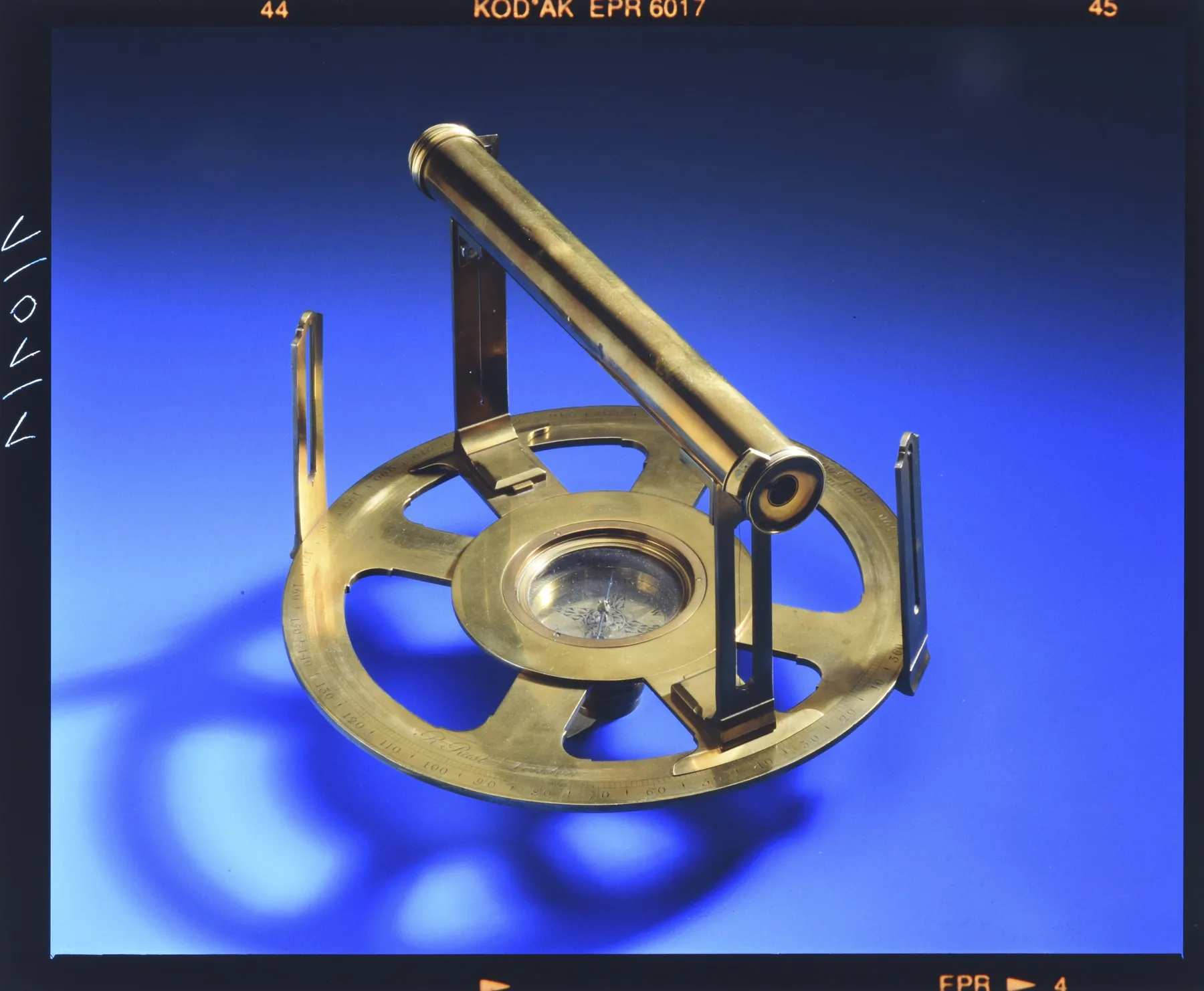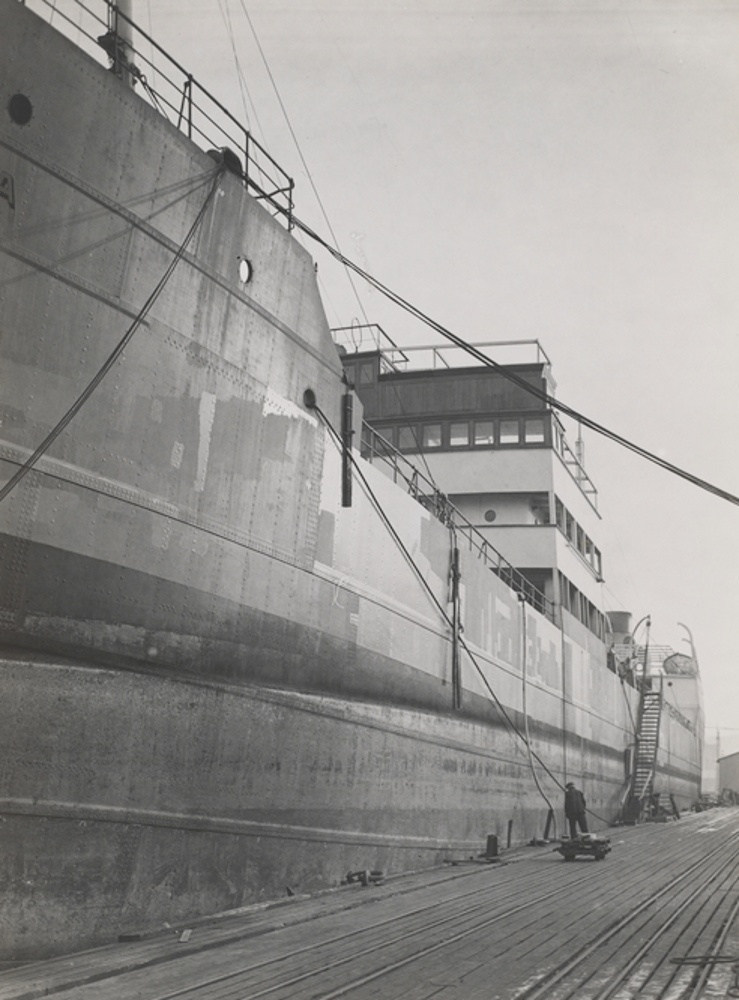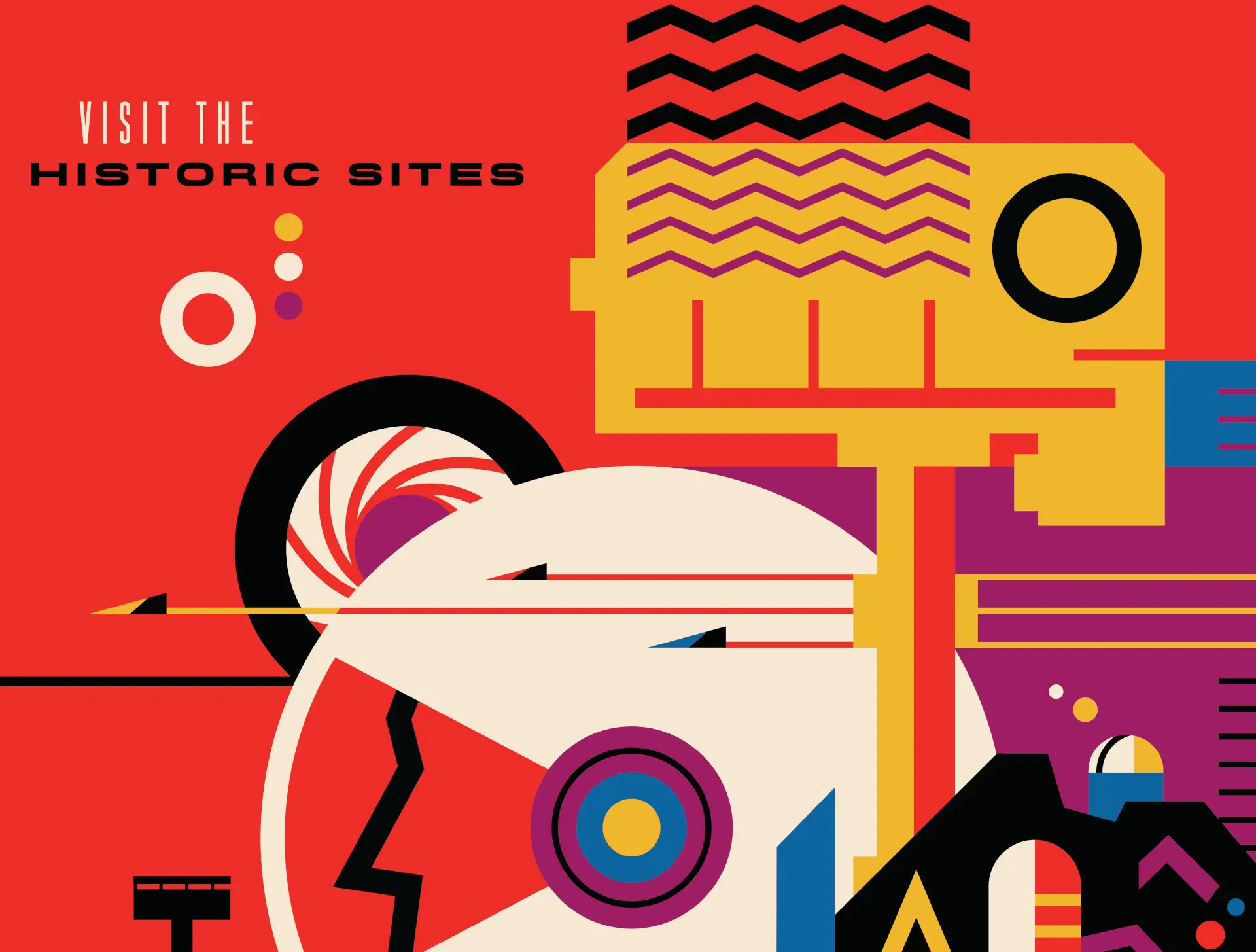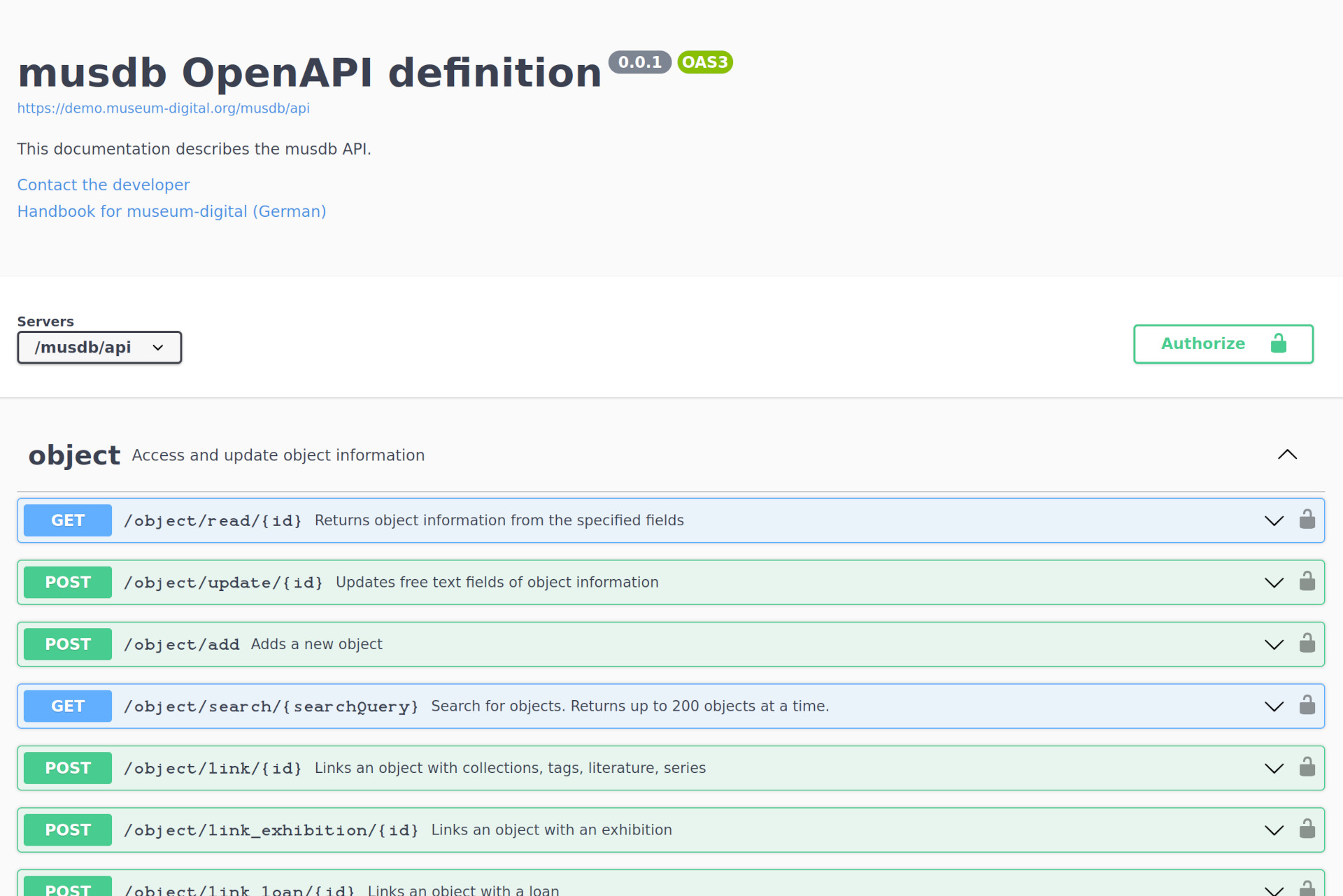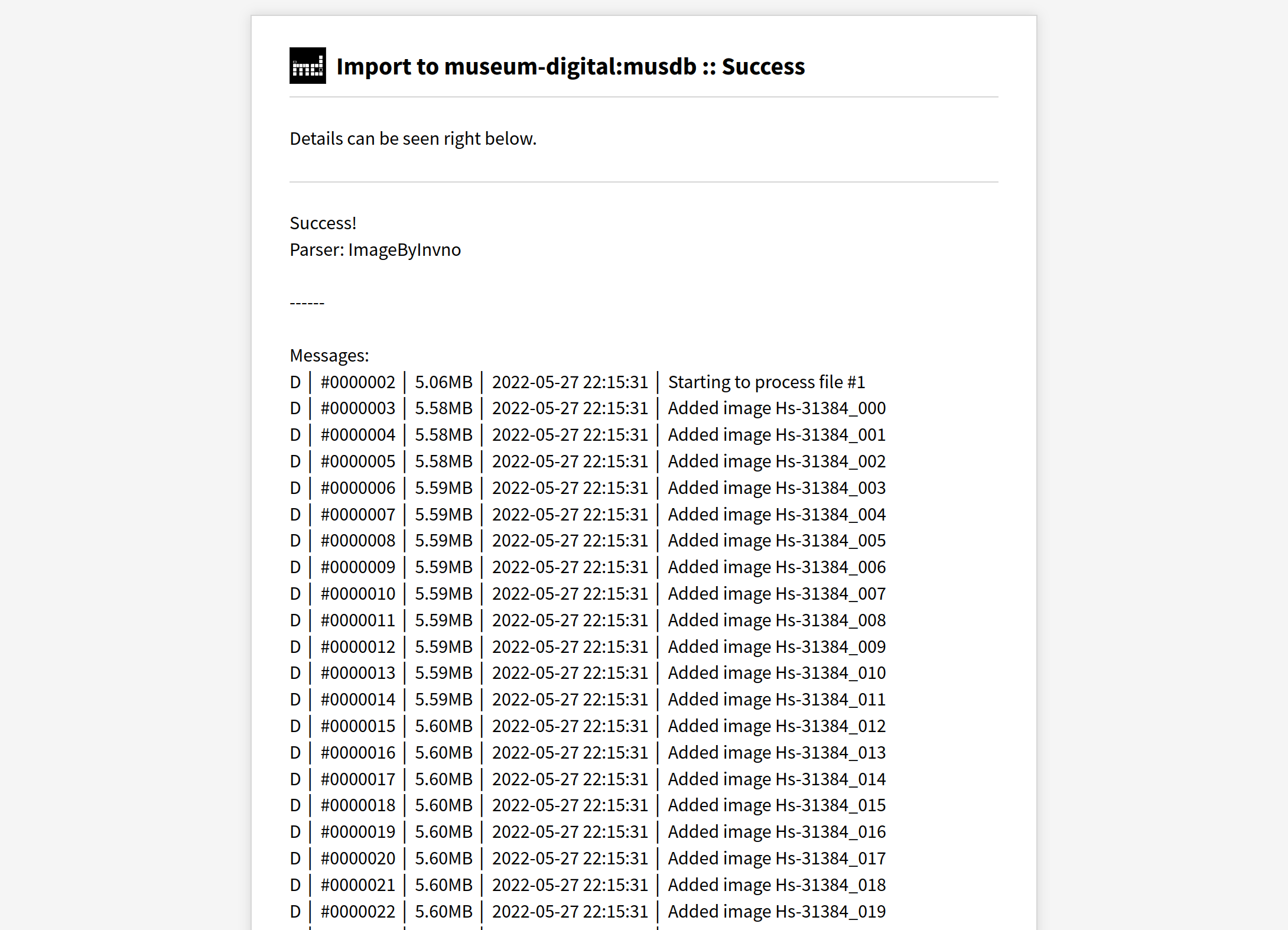Reconciliation APIs arrive to museum-digital
Imagine you have a spreadsheet with potentially unclean data or data that is not confirmed to be interoperable. A museum may want to migrate their data to a different system or share it with an aggregator or a researcher may want to analyze data from different museums where each has their own thesaurus. To make …
